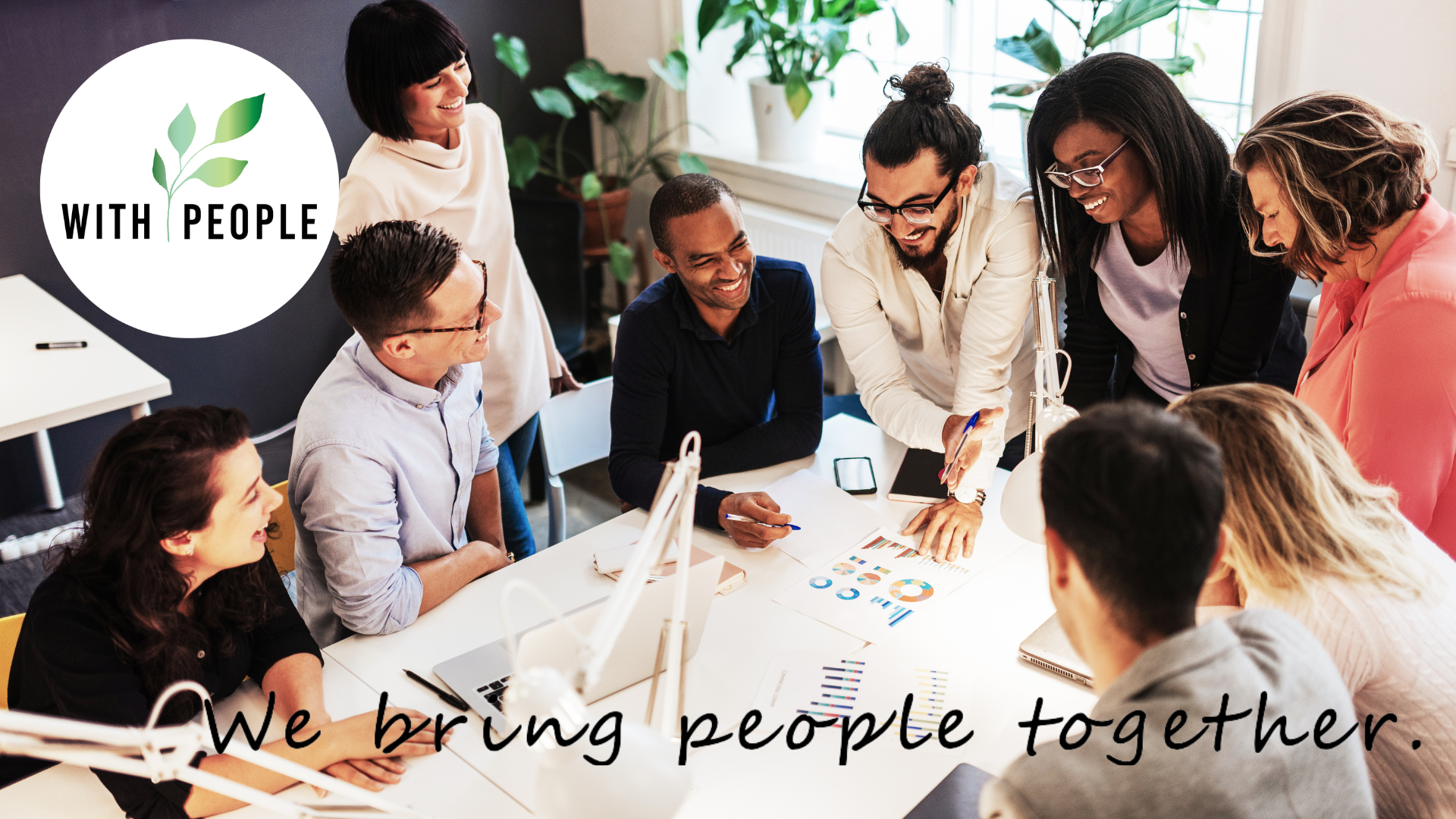Many organizations start off meetings with four or more people with a safety moment. Well over ninety percent of these focus on physical safety. Way too many focus on driving conditions (little quips about the commute on the way to work that morning), or the weather. Some safety moment cultures at work have lost their lustre and have turned into morning ice-breaker/socialization moments. If people haven’t tuned out of the conversation entirely, many tune out to the safety purpose of the topic or mindfulness called upon by the good and well-thought-out safety moment. Rarely, do people talk about psychological safety, health and wellness. For too long, our safety moments have avoided the topic of workplace mental health and mental wellness.
However, roughly 1 and 5 people in Canada will encounter a mental wellness or illness challenge in any given year. Imagine, having a risk factor present among the general workplace population at a frequency of twenty percent and not talking about it. Many safety professionals fail miserably in approaching behaviour-based and cultural transformations required to support psychological health and safety. That is because safety professionals are often process leaders, not thought leaders.
Work cultures lacking safety around mental health and awareness can negatively affect those coping with mental health and wellness challenges.
Telling a person who can barely get out of bed every morning to go for a jog or join a yoga class can further exacerbate someone who needs to start with mental health support.
We can do better by promoting and normalizing people accessing the resources they need through conversations about workplace mental health.
By age forty, 50% of the population will have had a mental health problem or illness. [ Fast Facts about Mental Illness – CMHA National]
Yet, we do not talk about mental health and wellness at work.
This avoidance to hold space and having these conversations must change.
We need to combat the stigma and normalize the conversation.
For this reason, we ask each of you to consider taking the #20percentchallenge.
Commit to 20 percent of safety moments per week on mental health and mental wellness topics.
Join the conversation at our Workplace Mental Health page for more resources.
Discuss.
#20percentchallenge

Recent Comments